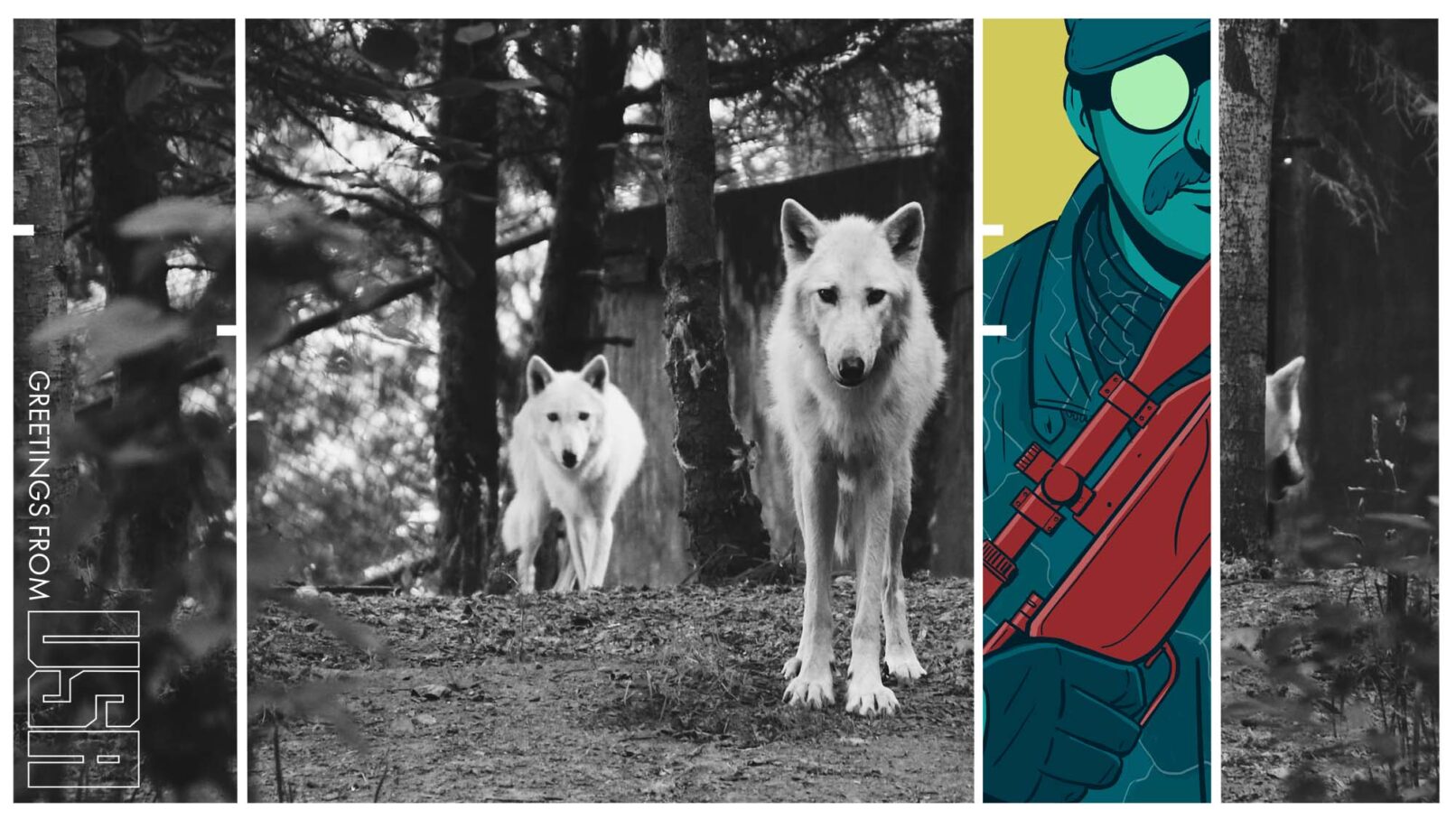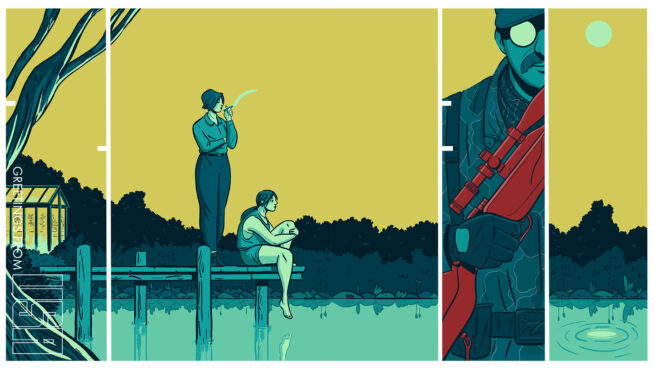We all love reading formats that make us feel like we’re a fly on a wall. It’s part of our nature. One of the many formats that creates this feeling for the reader is an epistolary exchange, or letters between two people. We thought that for Night Farm – which is so rich in meaning as it explores family relationships, politics and our relationship with nature – it would be really interesting to get an insight through this format into the author Maria Anderson’s mind.
We asked Maria if she was up for someone ‘writing’ to her to draw her thoughts out – and she graciously agreed. So we invited Jessica Buchleitner, a journalist and writer, who also understands the themes in the story, politics particularly: She’s served as a diplomat in several United Nations-facing roles. Their conversation shed some fascinating light on Maria’s writing process. We hope you get us much from their exchange as we did.
Subscribe to our newsletter Formats Unpacked for more such exploratory formats. Our work for Turner Contemporary in Margate is another project you might enjoy learning about, where we engaged over-65s in art via email-based formats. Of course, these types of formats aren’t limited to a specific kind of organisation – it could work for you, so get in touch!


